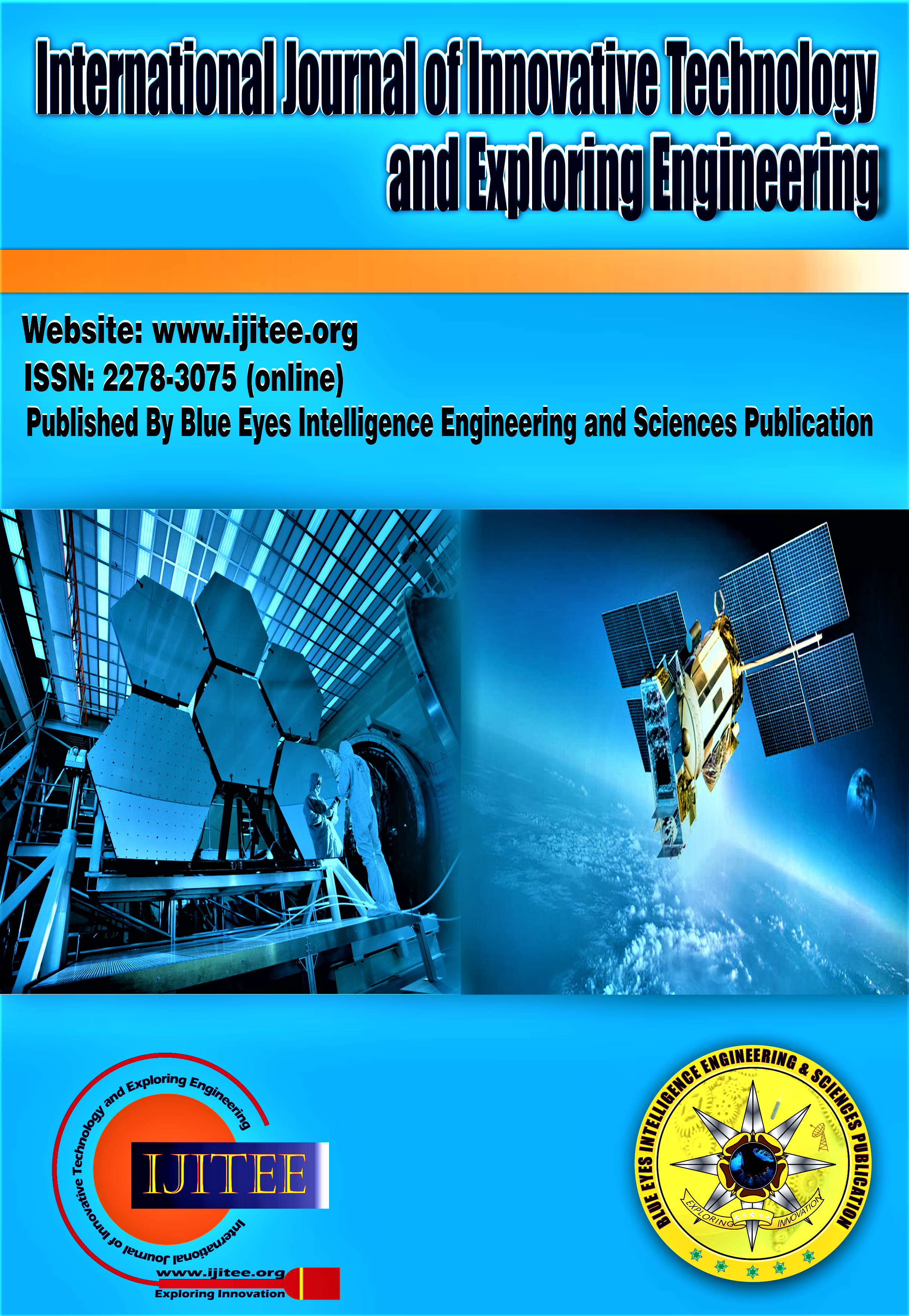Comprehensive Study on Thermal Variability of 50/70 Bitumen: An Examination of Fatigue Testing Outcomes
Main Article Content
Abstract
The primary methodology for this research involves conducting a series of fatigue tests on 50/70 bitumen to assess its behaviour under varying thermal conditions. The tests will be carried out using a Dynamic Shear Rheometer (DSR), a widely used apparatus in bitumen testing. The DSR allows for measuring bitumen's rheological properties, such as viscosity and elasticity, under controlled temperature and stress conditions. The 50/70 bitumen samples will be carefully prepared according to standard testing procedures to ensure uniformity. The bitumen will be heated to a specified temperature for testing, and samples will be taken at different thermal conditions to simulate varying environmental scenarios. The bitumen samples will be placed in the DSR and subjected to cyclic loading to simulate the stresses experienced in real-world road conditions. The tests will be conducted at a range of temperatures, typically from low temperatures (to simulate cold weather) to high temperatures (to simulate hot weather). This will allow for the study of the temperature-dependent behaviour of bitumen. The DSR will measure the *complex shear modulus (G)**, which provides information on the stiffness of the material, and the phase angle (δ), which reflects the material’s ability to recover after deformation. These parameters are crucial for assessing the fatigue resistance of bitumen. The fatigue behaviour of the bitumen will be evaluated under repeated loading conditions. The dynamic shear rheometer will apply cyclical stress to the bitumen samples and measure the resulting strain. The number of cycles to failure, defined by a significant decrease in stiffness or an increase in phase angle, will be recorded. The focus will be on understanding how the fatigue resistance of the bitumen is affected by temperature fluctuations. By subjecting the bitumen to these varying conditions, it will be possible to determine at which. Temperatures the material exhibits optimal durability or fails prematurely.
Downloads
Article Details
Section

This work is licensed under a Creative Commons Attribution-NonCommercial-NoDerivatives 4.0 International License.
How to Cite
References
Bodin, D., Pijaudier-Cabot, G., de La Roche, C., Piau, J.-M., & Chabot, A. (2004). Continuum. « Damage Approach to Asphalt Concrete Fatigue Modeling. Journal of Engineering Mechanics, 130(6), 700-708. Doi: https://doi.org/10.1061/(ASCE)0733-9399(2004)130:6(700)
Alexis Kemajou, L. Mba (2023). « Matériaux de construction et confort thermique en zone chaude Application au cas des régions climatiques camerounaises ». Journal of Renewable Energies. Doi : https://doi.org/10.54966/jreen.v14i2.256
Annouar D. M. Oumar I. H. Moussa A. A. and Kenmeugne B. « Complex modulus testing of bitumens 50/70 and 10/20 using the 2S2P1D model» International Journal of Materials Engineering and Technology. Vol. 23, Number 2, 2024, Pages 119-131. Doi: https://doi.org/10.17654/0975044424007
M.R.M. Aliha, H. Fazaeli, S. Aghajani, and F. Moghadas Nejad. «Effect of temperature and air void on mixed mode fracture toughness of modified asphalt mixtures». Journal Construction and Building Materials Vol 95 (2015) 545-555. Doi: https://doi.org/10.1016/j.conbuildmat.2015.07.165
Ruolin Gao, Gaowei Yue, Zihao Li and Yanwen Zhang. « Optimisation and numerical study of forced convection heat transfer design for glass tempered cooling grille» International Journal of Thermal Sciences. Vol. 210, April 2025, 109569. Doi : https://doi.org/10.1016/j.ijthermalsci.2024.109569
Annouar D. M., Kenmeugne B., Moussa A. A. and Fogue M. « Degradation of phenomenon pavement in zone Sahel: Case of Chad» International Journal of Materials Engineering and Technology 14(2):79-91. Doi: https://doi.org/10.17654/IJMETOct2015_079_091
F. Fakhari Teheran. Absi F. Allou, and C. Petit «Investigation into the impact of the use of 2D/3D digital models on the numerical calculation of the bituminous composites’ complex modulus» Computational Materials Science Vol 79, (2013), Pages 377-389. Doi: https://doi.org/10.1016/j.commatsci.2013.05.054
BODIN D., SOENEN H., DE LA ROCHE C., « Temperature Effects in Binder Fatigue and Healing Tests », Actes des 3rd Eurasphalt Eurobitume Congress, Vienne, 12-14 mai 2004, Book II, Paper 136. https://trid.trb.org/View/743984
Singh, H., Chopra, T., Kamotra, S., Jain, S., & Kaur, A. (2019). Performance Evaluation of Bituminous Concrete Mixes Modified with SBS Polymer and Warm mix Additive. In International Journal of Recent Technology and Engineering (IJRTE) (Vol. 8, Issue 3, pp. 441–450). Doi: https://doi.org/10.35940/ijrte.c4219.098319
Shah, P. R. (2024). Partial Replacment of LDPE in Bituminous Pavement. In International Journal of Emerging Science and Engineering (Vol. 12, Issue 7, pp. 20–26). Doi: https://doi.org/10.35940/ijese.h2578.12060724
Abdulrahman, S., Hainin, M. R., Satar, M. K. I. M., Hassan, N. A., & Usman, A. (2019). Rutting and Moisture Damage Evaluation of Warm Mix Asphalt Incorporating POFA Modified Bitumen. In International Journal of Engineering and Advanced Technology (Vol. 9, Issue 1, pp. 90–98). Doi: https://doi.org/10.35940/ijeat.a1052.109119
Saini, M., Aggarwal, Dr. P., & Chauhan, S. (2019). Behaviour of Bituminous Concrete Mixes with addition of Waste Plastic Bottle via Dry Process. In International Journal of Innovative Technology and Exploring Engineering (Vol. 2, Issue 9, pp. 732–736). Doi: https://doi.org/10.35940/ijitee.b7834.129219





